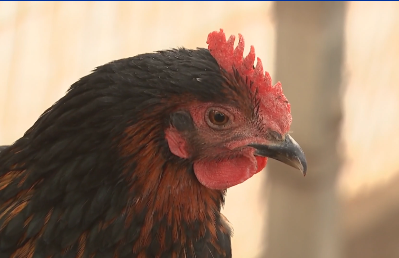MARQUETTE, Mich. (WZMQ) – There are many variables when it comes to raising chickens, including habitat, feed, and shelter, but maintaining a healthy flock also involves keeping wild migratory birds away from your domestic chickens. Nora Wineland, the Michigan State Veterinarian, explains how bird flu is spread. It
“It’s spread through migratory waterfowl across the country as well. It can be spread by people not practicing good biosecurity as they go about their daily lives,” explained Wineland.
Wineland says that proper planning is also important, so
“It’s really good if somebody is going to buy poultry to have a good plan in place for how they’re going to keep them, how they’re going to keep them safe, and how they’re going to keep them healthy,” said Wineland.
Wineland says bird flu can spread in ways we may not expect.
“So you go take a walk in the park where some of these migratory waterfowl have been, and then you need to change your shoes or your clothing before you care for your birds, so you’re not tracking in something that’s going to get your birds sick,” said Wineland.
It’s best to keep young chicks in a protected indoor environment. However, if you suspect your birds have been infected, there are things to look out for,
“Ruffled feathers. They’re not drinking, they used to be noisy. You know, you go open up their enclosure to take care of them, and they don’t behave normally, that’s a concern,” warned Wineland.
If chickens are in your future, the city of Marquette allows up to six hens per household, but sorry, guys, roosters are not allowed.










